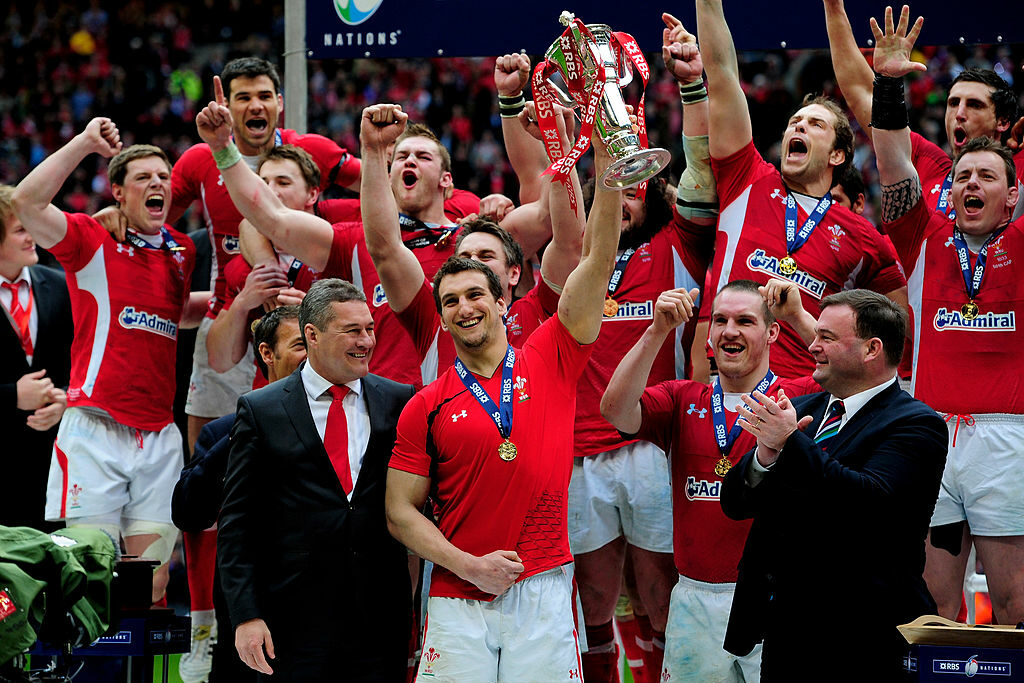
Brendan Gallagher reaches the final installment of his ranking of the most influential and inspirational captains to have led rugby clubs, nations and the Lions.
10. John Gwilliam (Cambridge University, Gloucester and Wales)
Tough disciplinarian who squeezed every last ounce of talent out of Wales in the early 50s when he led them to two Grand Slams and a famous win over New Zealand, to date their last win over the old enemy. Former Monmouth schoolboy, Cambridge Blue and tank officer in World War Two, Gwilliam was both an academic and a very tough customer who spent most of his playing career outside of Wales which spared him from the raging rugby politics that gripped the country.
9. Bill Beaumont (England and Lions)
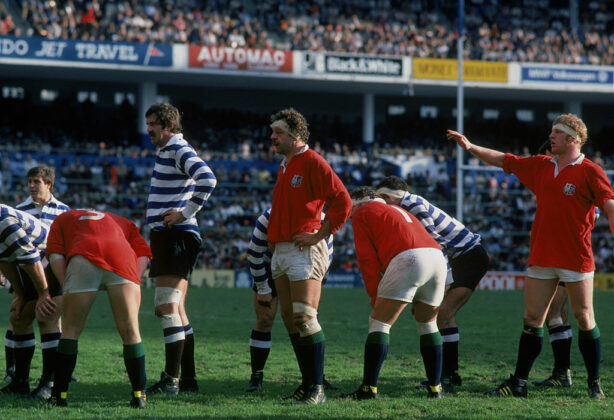
Beaumont was the skipper who brought hope back to English rugby when most had despaired of tangible success. You could argue his greatest moment was leading the North to their 1979 win over New Zealand at Otley although outwardly the England Grand Slam that followed a few months later is the most eye-catching performance. Beaumont captained both teams expertly while also being one of their best forwards. He also proved a universally popular 1980 Lions captain, getting the England and Welsh lads back on good terms after their feisty Five Nations game, and bravely leading an unlucky side that suffered horrendously from injury.
8. Sam Warburton (Wales and Lions)

Week-in, week-out the outstanding performer for various sides, Warburton enjoyed some outstanding moments with his straight-forward honest captaincy style. There was the Wales Grand Slam of 2012 while his intelligent, pleasant approach particularly struck chords on the two Lions tours he made when he was a huge success, respected and revered by players from all four nations. In Australia in 2013 he produced two of the best personal performances ever seen by a Lions skipper in the first two Tests before being injured for the third and final game when Alun Wyn Jones carried on the good work. In New Zealand in 2017 he missed the first Test through injury but returned to again play brilliantly in the remaining two games as the Lions went on to share the series. Probably only Warburton could have persuaded Romain Poite to change his call right at the end of the third Test from penalty to scrum. You spend a career acting in the right way to earn that moment when the referee listens.
7. Willie John McBride (Ireland and Lions)
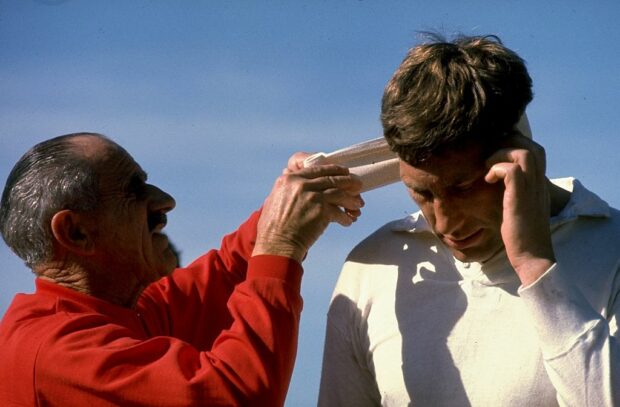
Rather like Dave Gallaher, McBride’s reputation as a captain rests on one epic tour, to South Africa in 1974 with the Lions when, under his leadership,they were undefeated in 22 games. Prior to that he had toured on four occasions as a Lions player, not as the captain, and his record as a captain with Ireland is decent without being exceptional. Trying to win Five Nations titles in the 70s with Wales and France in full scream was a thankless task. But in 1974 it was a case of right man, right place, right time. It was his third tour of South Africa; he knew exactly what it took to beat them up front and he also knew the Lions had the pace outside to embarrass the Boks. There would be no backward steps, no turning the other cheek and no putting up with any nonsense. McBride set the tone brilliantly.
6. Sean Fitzpatrick (Auckland and New Zealand)
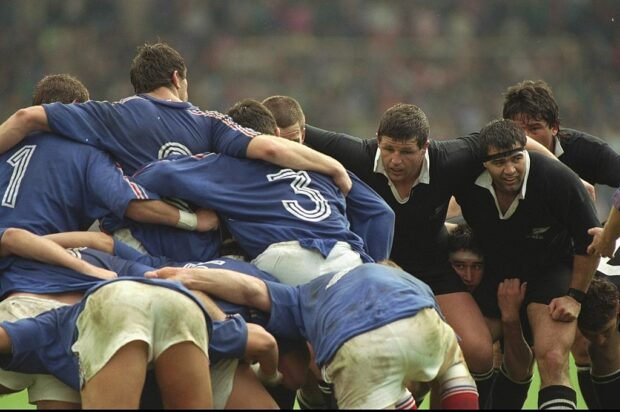
May have missed out on World Cup glory as a skipper – although of course he tasted it as player in 1987 – Fitzpatrick was nonetheless a brilliant captain of both the all-conquering Auckland side and New Zealand. Indeed at one stage the personnel was very much the same! Fitzpatrick set incredible standards in terms of personal fitness and dedication which were behind his longevity. He, more than anybody, forged the modern day All Black template while at all times taking care to nurture the old traditions and standards.
5. Dave Gallaher (New Zealand)
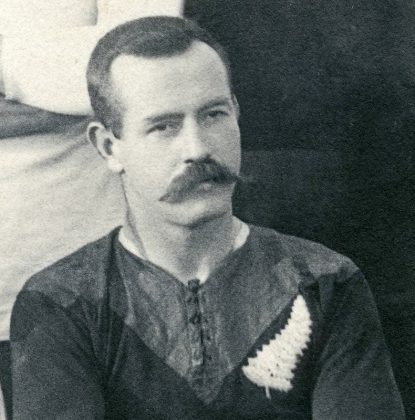
We only have the evidence of the trail-blazing 1905-6 tour to go on but that is more than enough. Having quelled an onboard mutiny from dissatisfied players en route to Britain – they wanted another captain – the fierce Boer War veteran cracked the whip like never before, instilled a military-like discipline and created a formidable fighting unit. Rarely if ever has a team been so fashioned in the image of their captain and on arrival in Britain they swept all before them save for the controversial Wales Test and created a brand – the All Blacks. Like many captains he also identified a loyal lieutenant and his key wingman was the brilliant playmaker Billy Stead. On the the boat journey back home they wrote one of the definitive coaching books on the game.
4. Will Carling (England)
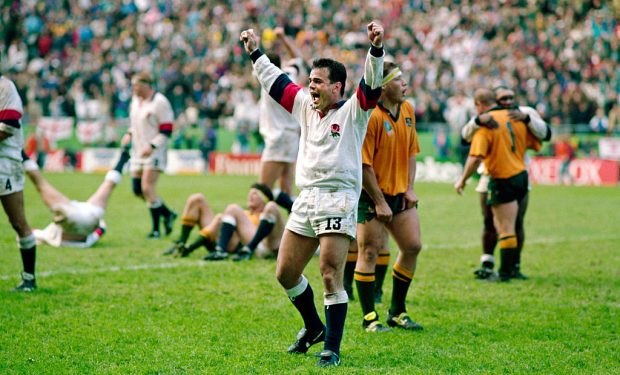
Under him, England won three Grand Slams, another Championship besides, reached the 1991 World Cup final and the semi-final four years later. Carling was a massively successful England skipper who did more than most to change the image and vibe of English rugby. What were his merits? First, he was always worth his place so there were no issues there, second he welcomed the responsibility of captaincy when more experienced players fought shy from it. He was also generally a good delegator – save for letting Brian Moore call for more scrums at Murrayfield in 1990 – he was happy to be front of house with the media, or at least pretended he was. His legacy looks more impressive with every year.
3. John Eales (Queensland and Australia)
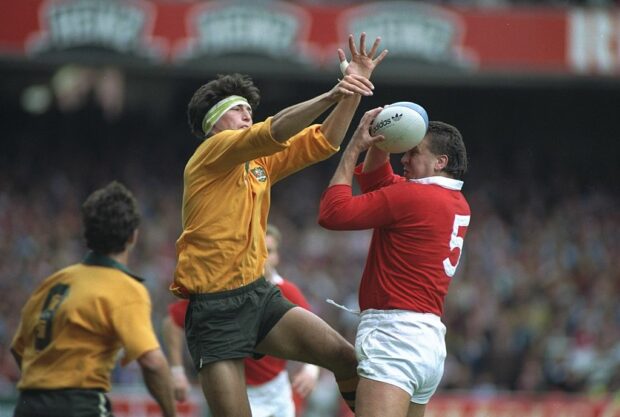
Phenomenal player, and from 1996 onwards to his retirement in 2001, a great skipper. Started off with the inbuilt advantage of being the best player in every side he ever played for – everybody looked up to him – but there was much more to it with the thinking Eales. He was a graduate in psychology from the University of Queensland and knew how to press the correct buttons with his team. His open and engaging Press conferences also meant that on many occasions Australia were able to deftly deal with any potential crisis.
Eales led Australia to the 1999 World Cup without missing a beat, he steered them to outright wins in the 2000 and 2001 Tri Nations and two other shared titles and somehow he inspired Australia to a series win against the 2001 Lions after the Wallabies had got hammered 29-13 in the opening game at fortress Brisbane. In the 11 matches he captained Australia against New Zealand the Aussies came out ahead 6-5.
2. Richie McCaw (Canterbury and New Zealand)
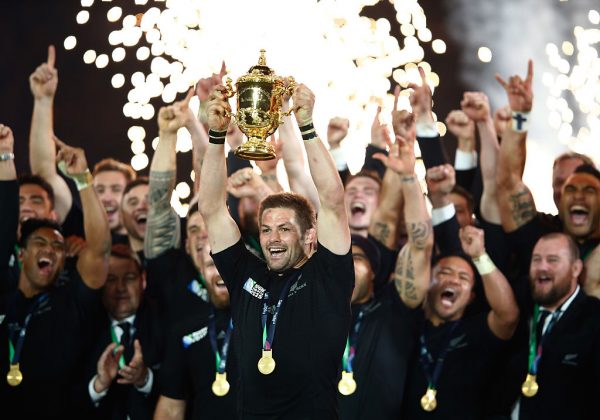
There are those who say anybody could captain the All Blacks but after they won RWC1987 they didn’t lift the trophy again until 2011 which strongly suggests otherwise. On two of the three occasions New Zealand have ruled the world, McCaw was in charge, which I would suggest is far from coincidental.
McCaw was an inspirational leader-from-the-front type of captain in an extraordinary 110 Tests and, as his biggest critics used to point out, seemed to wear an invisible cloak and exert a strange power over referees. Don’t knock it, that’s an important part of the job description when it comes to captaincy.
And don’t underestimate how much McCaw’s career trajectory and occasional travails influenced his career. He was part of the team that lost to Australia at RWC2003 just months after they had put 50 points on the Aussies in a Tri-Nations game and he was on the pitch in Cardiff four years later as the toiling skipper making a mess of things against France. That was two huge lows to bounce back from.
Even at RWC2011 it was not simple. Not only did the All Blacks lose Dan Carter to a serious groin injury before the knock-out stages, McCaw badly injured ankle ligaments in the quarter-final against Argentina.
The All Blacks were beginning to rock a little, but McCaw knew what was needed. He bit the bullet and played the final two games virtually on one foot. Had he been missing in the final, exerting his influence on his team and indeed the referee, I haven’t the slightest doubt France would have won.
1. Martin Johnson (Leicester, England and Lions)
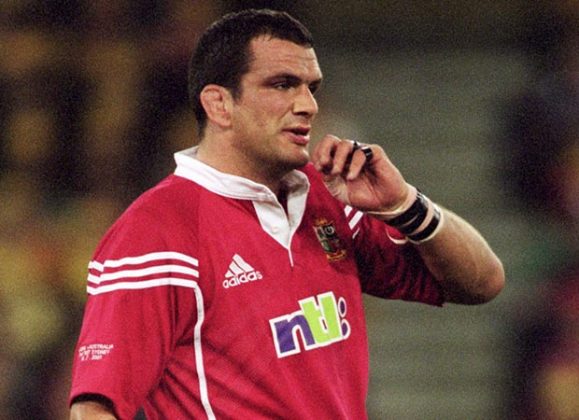
Massively influential and successful skipper at every level. An inspiring totem pole player, Johnson always led from the front in that respect and, although occasionally in trouble with referees, he also exerted a massive brooding influence over officials.
For England his record was 37 wins in 45 matches and his greatest year was 2003, which showcased him perfectly. Think back to that Grand Slam decider in Dublin, England having failed in three previous Grand Slam games under Clive Woodward. England ran out and lined up on the wrong side of the halfway line but would he move when asked? Johnson’s England were not for moving.
Later that summer came the six-man scrums on their line to keep the All Blacks out and then came the World Cup itself when he was never less than magnificent. Johnson was England’s player of the tournament, the man who kept a great but occasionally creaking side tight and together. He was the glue. During two seasons when he was skipper – against Scotland in 2000 and Ireland in 2001 – England went into a Grand Slam decider without their injured or banned captain. They lost both.
The Lions? Rarely, if ever, has a skipper produced a better and more timely performance than Johnson did at Cape Town in the first Test in 1997. Indeed, throughout that entire tour he led by example, undergoing pain killing injections to his shoulder before all games and also playing through a painful groin injury. He was again to the fore four years later but will regret somehow letting that series slip away.
And Leicester? Back-to-back Heineken Cup triumphs tell their own tale along with a pile of domestic trophies. Those European campaigns were brutal affairs through – autumn, winter and spring – and Johnson’s presence and leadership was the constant for Tigers. Johnson was an absolute colossus as captain.























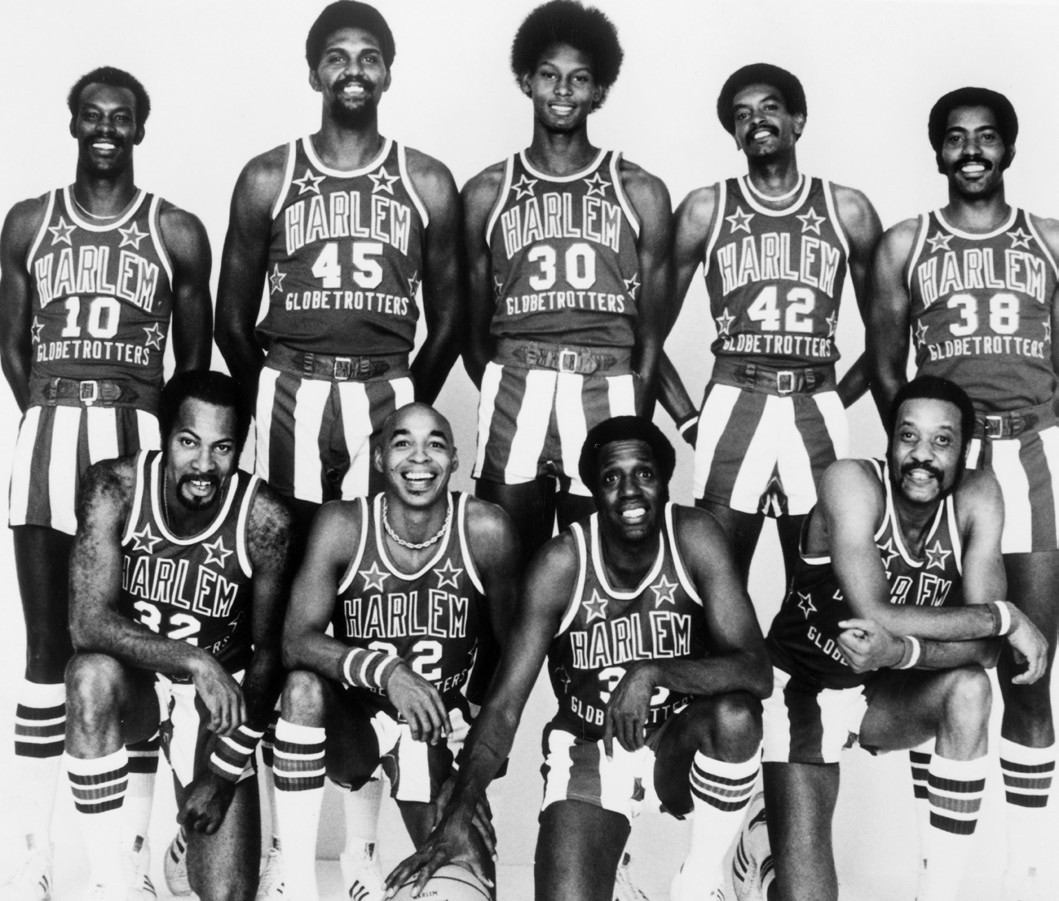

You must be logged in to post a comment Login